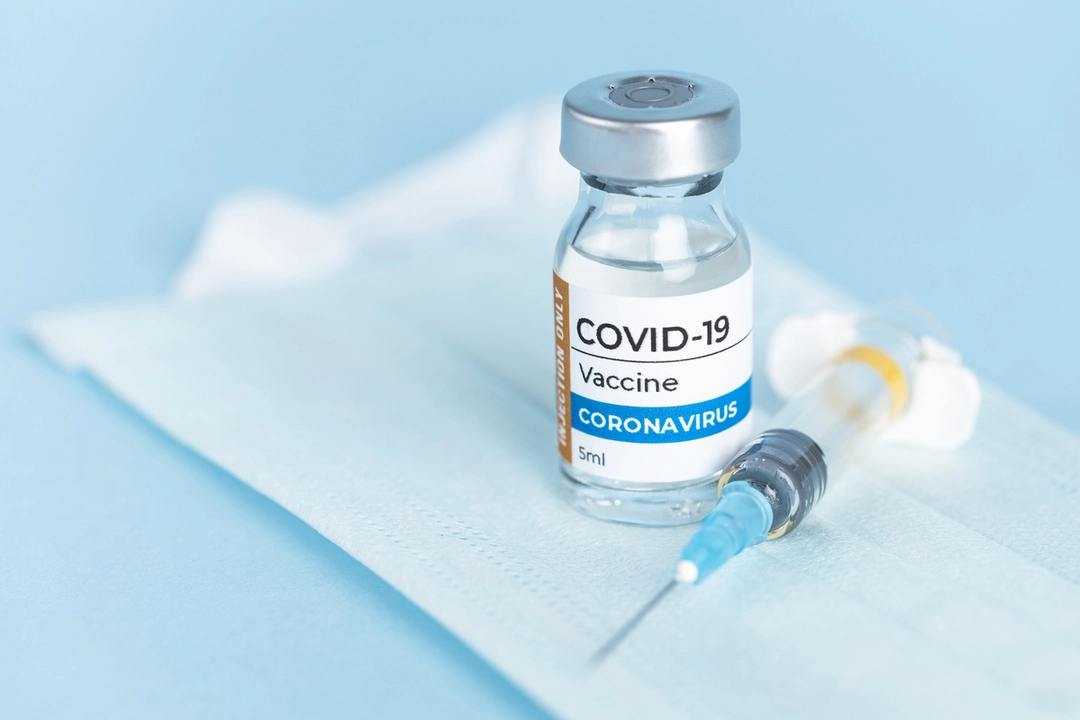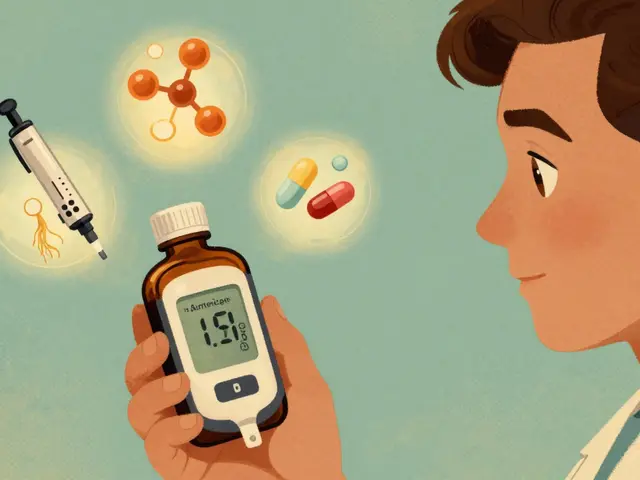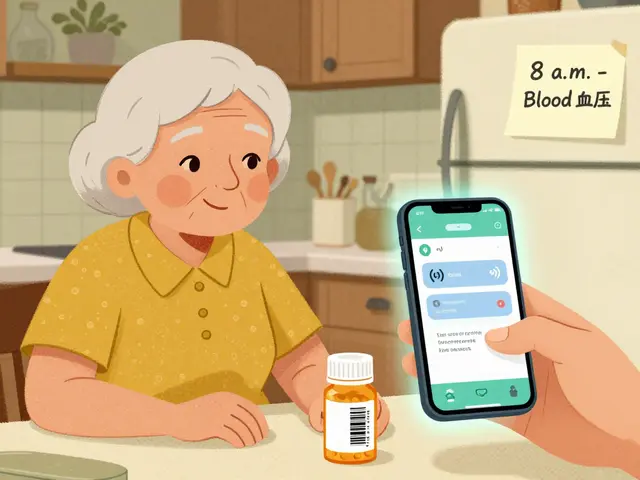Vaccines: What to Know About Safety, Schedules, and Trusted Info
Vaccines protect you and your community. They train your immune system so you’re less likely to get seriously sick. You’ve probably heard myths and worries — this page sorts the facts from the noise and points you to reliable resources.
How vaccines work and why they matter
Vaccines expose your body to a harmless piece of a germ or a safe version of the germ itself so your immune system remembers it. If you meet the real germ later, your body fights it faster. That cuts hospitalizations and deaths. For example, routine childhood vaccination programs cut rates of measles and polio dramatically in countries that use them.
Beyond individual protection, vaccines create community protection. When enough people are immune, outbreaks have a harder time spreading. That matters for people who can’t be vaccinated, like some infants or people with certain health conditions.
Safety, side effects, and common concerns
Vaccines go through testing in clinical trials before approval, and safety monitoring continues afterward. Most side effects are short and mild — sore arm, low fever, tiredness. Serious reactions are rare. If you have allergies or a major health issue, talk to your clinician about timing and choice of vaccine.
Want numbers? For common vaccines, serious allergic reactions happen roughly one in a hundred thousand to one in a million doses, depending on the vaccine. Health agencies track these events and publish updates so doctors can spot real problems quickly.
If you’re worried about ingredients, read the facts. Ingredients usually include the active component (the piece your immune system learns from), a small amount of stabilizer or preservative in some shots, and trace materials from manufacturing. None are present at levels that harm humans when vaccines are used as directed.
Special groups need tailored advice. Pregnant people, immunocompromised patients, seniors, and young children each have specific vaccine recommendations. Your primary care doctor or local public health clinic can give a schedule that fits your age and health status.
Where to find trusted information? Use official sources: your country’s health department, the World Health Organization, or the Centers for Disease Control and Prevention. Local public health clinics and licensed pharmacists are reliable too. Be skeptical of sites selling unapproved products or pushing emotional stories without data.
Have questions about recent or new vaccines? Ask your healthcare provider directly. They can explain benefits and risks for your specific situation and help you find the right timing and dose. If you want quick reading, look for vaccine pages on government health sites — they list schedules, side effects, and the latest safety reports.
On this tag page, you’ll find articles that touch on vaccines, drug safety, and how to navigate online health information. Use those posts alongside official guidance to make practical, safe choices for you and your family.

Aluminium hydroxide in vaccines: understanding its purpose and safety
As a blogger, I've recently looked into the role of aluminium hydroxide in vaccines and its safety. This substance is commonly used as an adjuvant to enhance the immune response to a vaccine. It's been thoroughly tested and proven safe for use in vaccines, with minimal side effects. In fact, aluminium hydroxide has been used in vaccines since the 1930s, and a multitude of studies support its safety and effectiveness. In summary, aluminium hydroxide is a crucial component in many vaccines, ensuring their efficacy while maintaining a strong safety profile.
Read More




